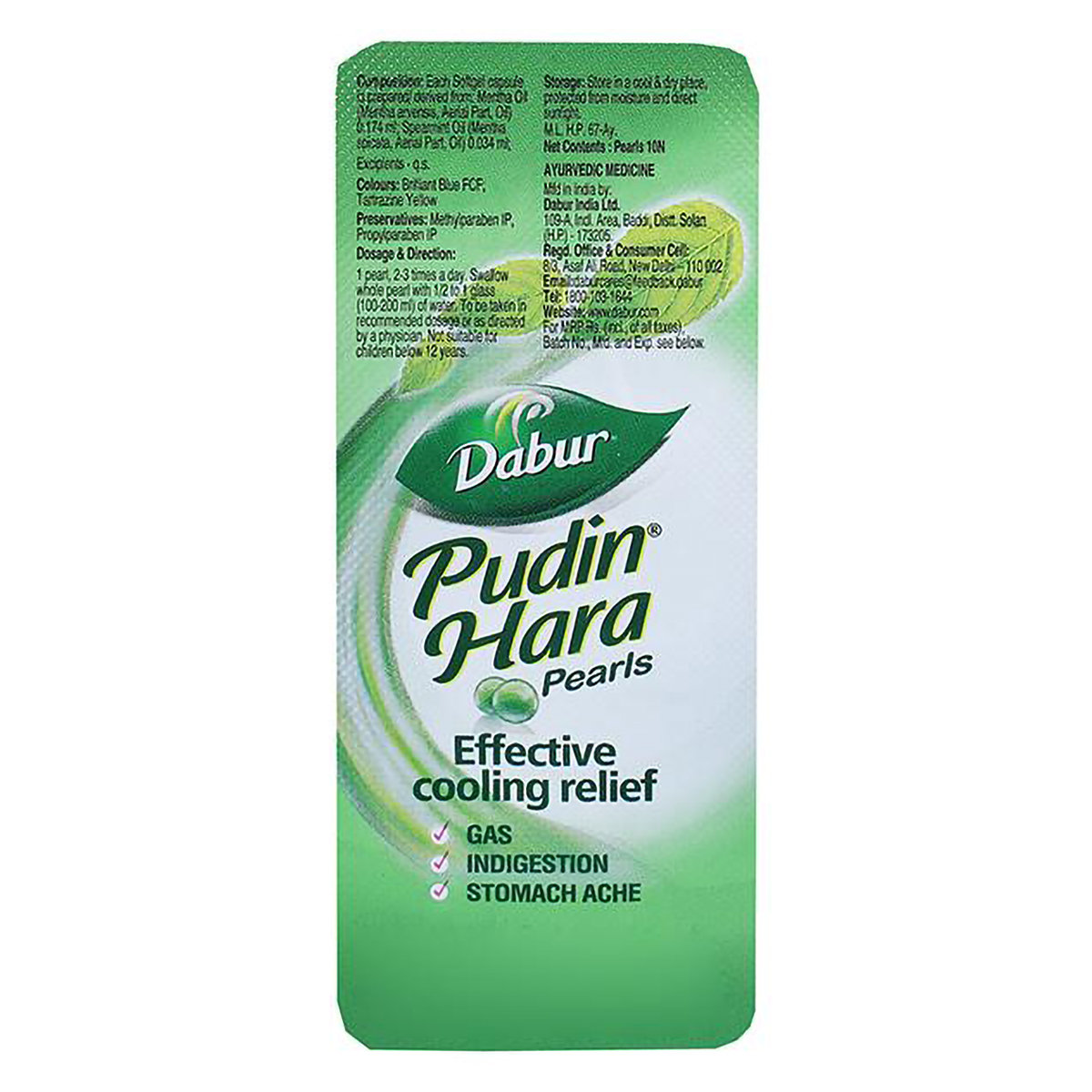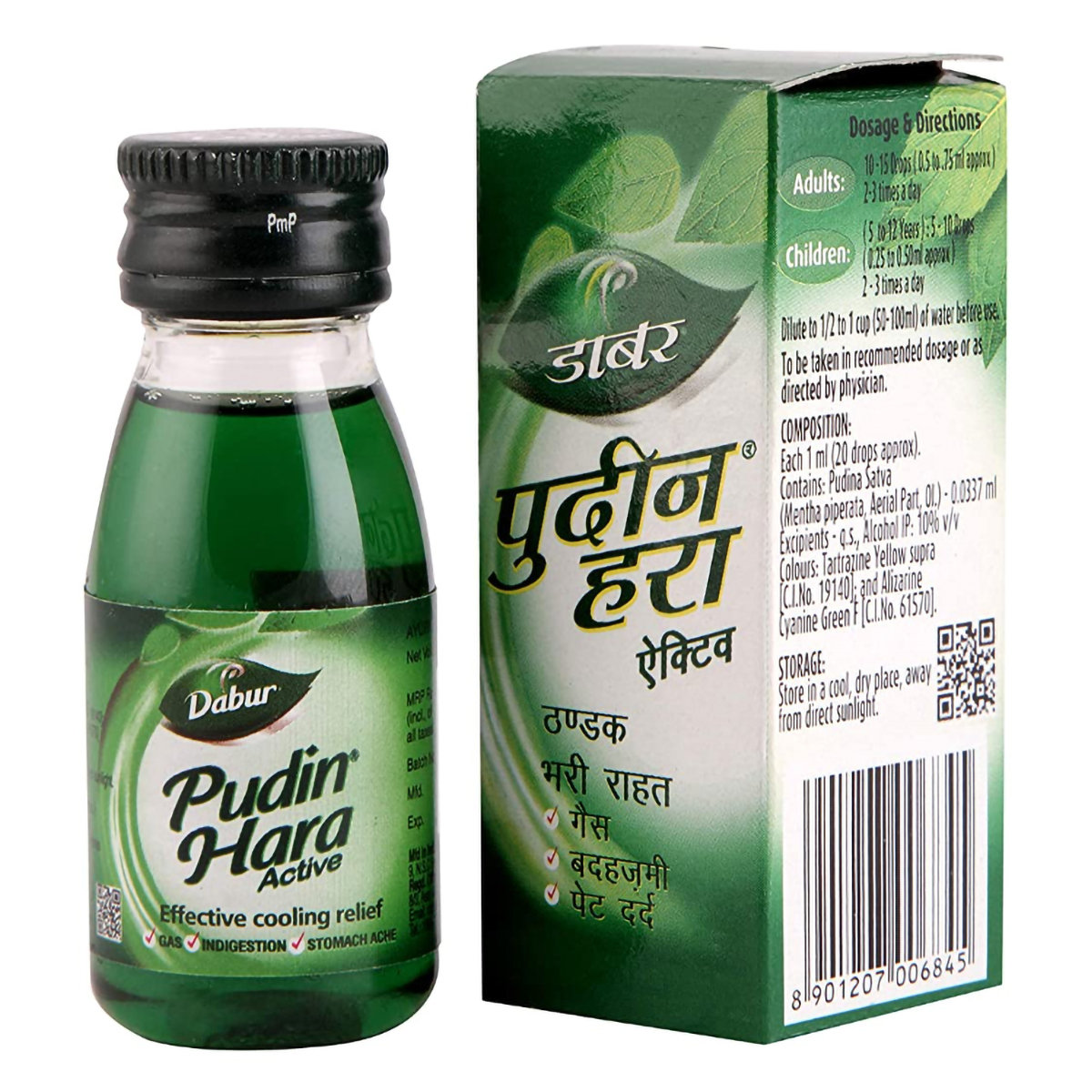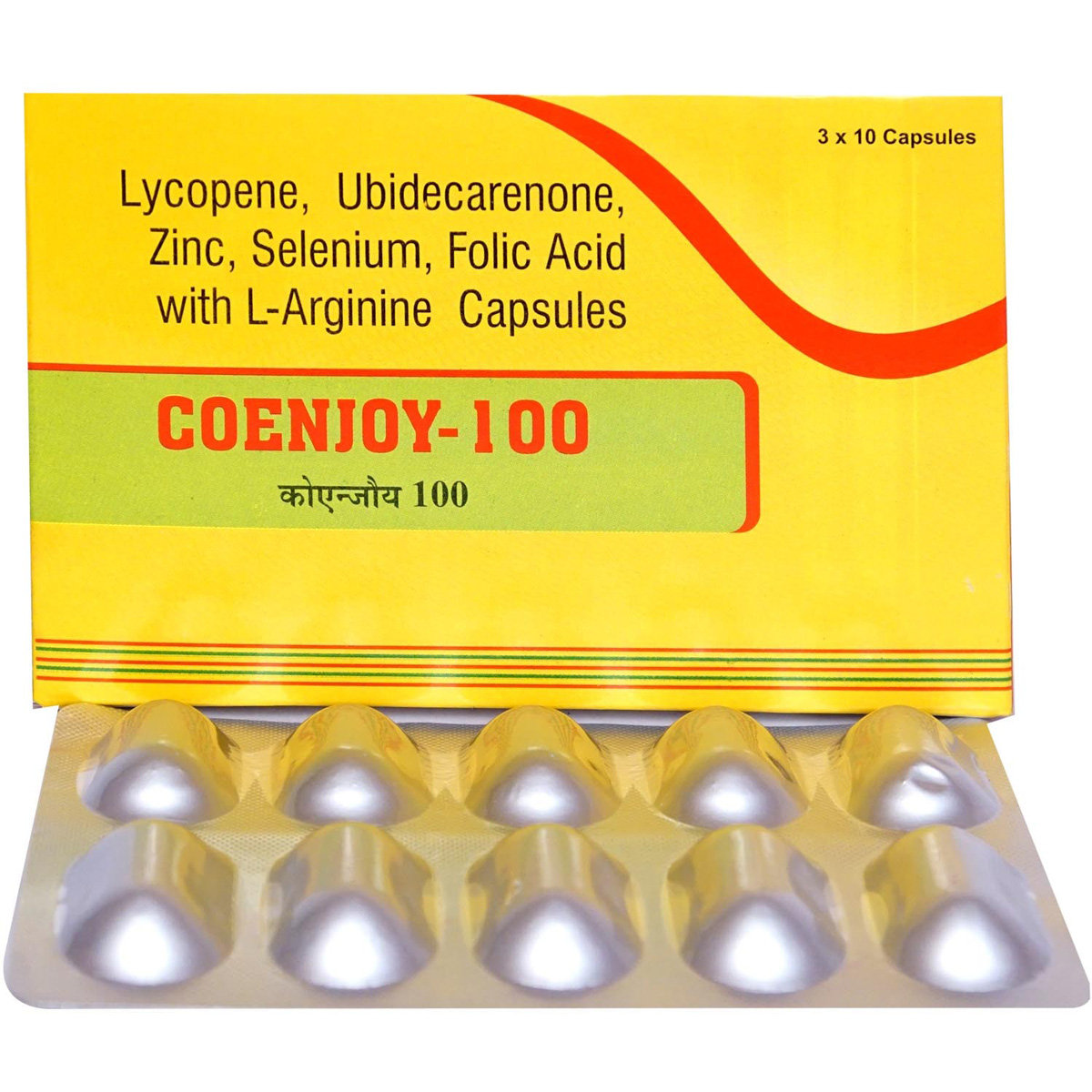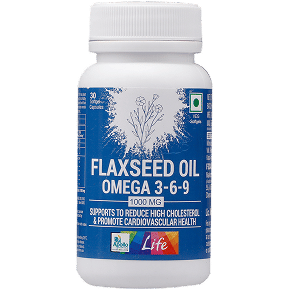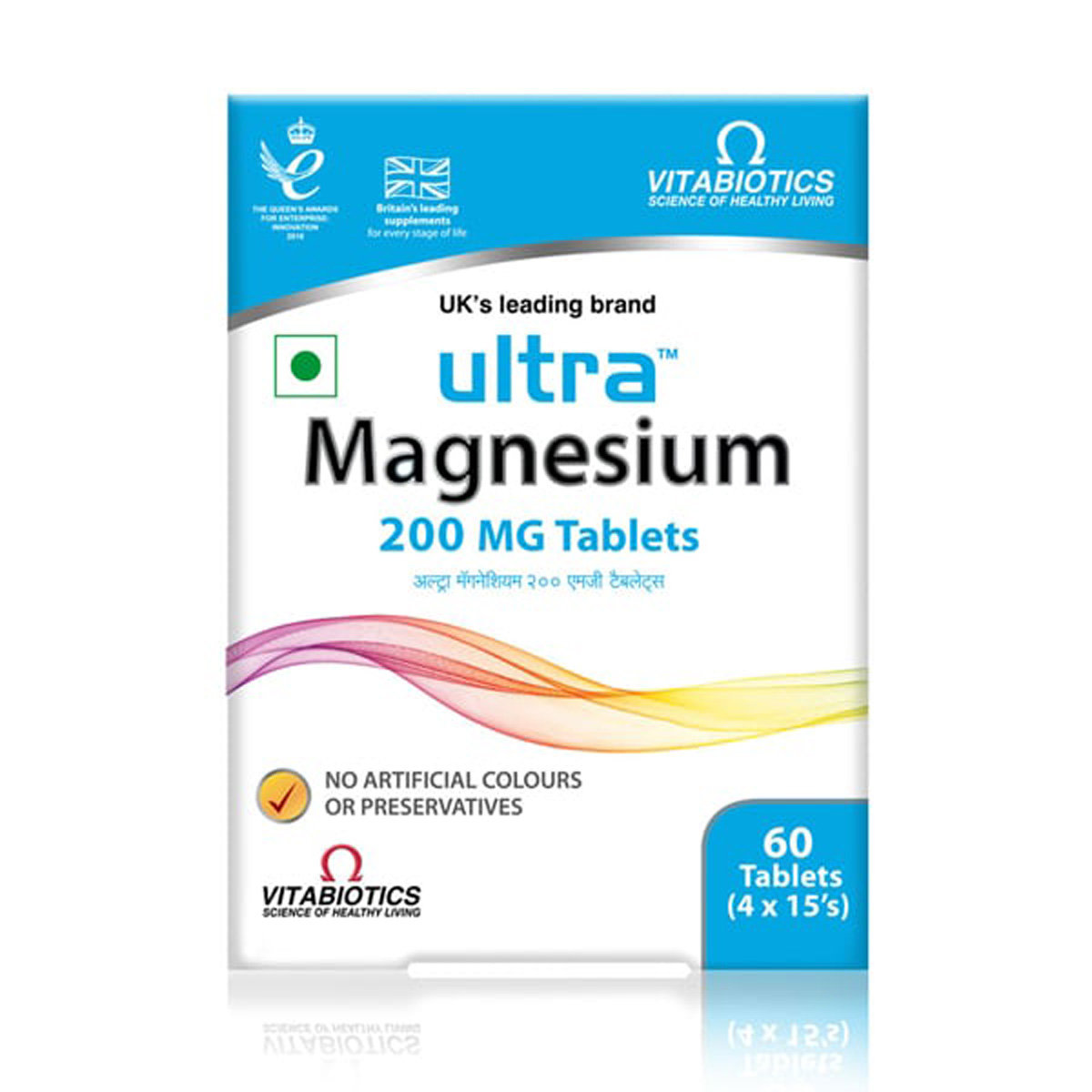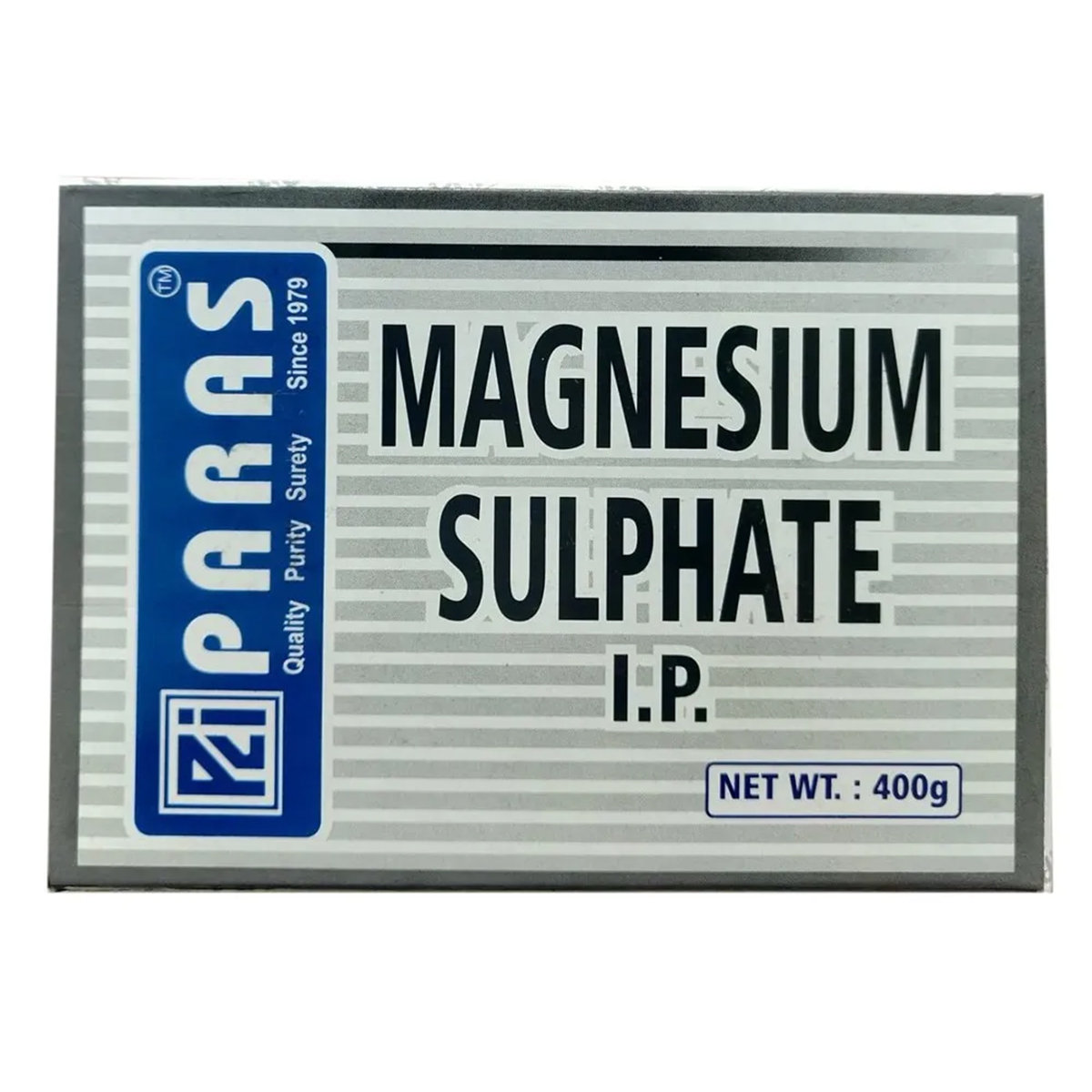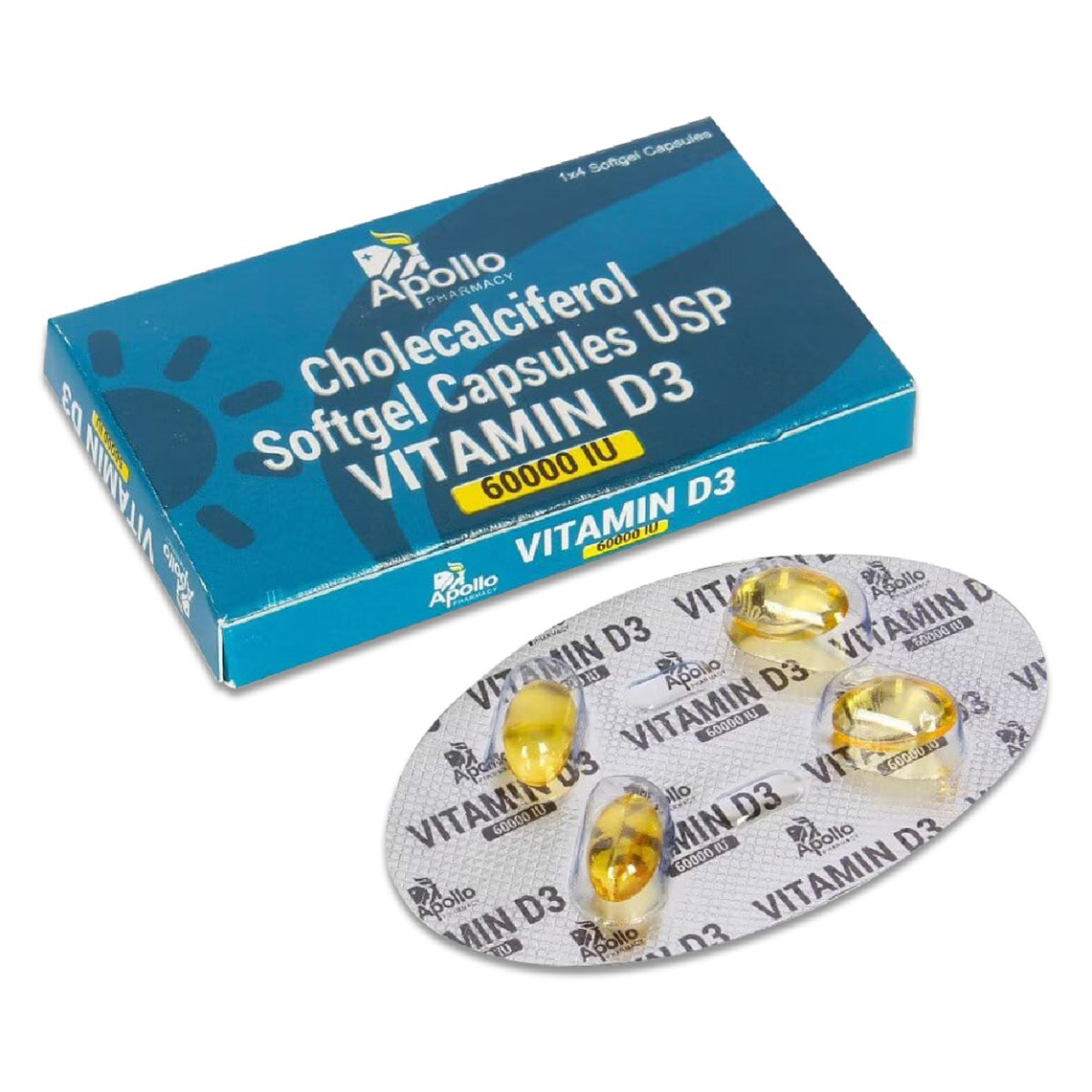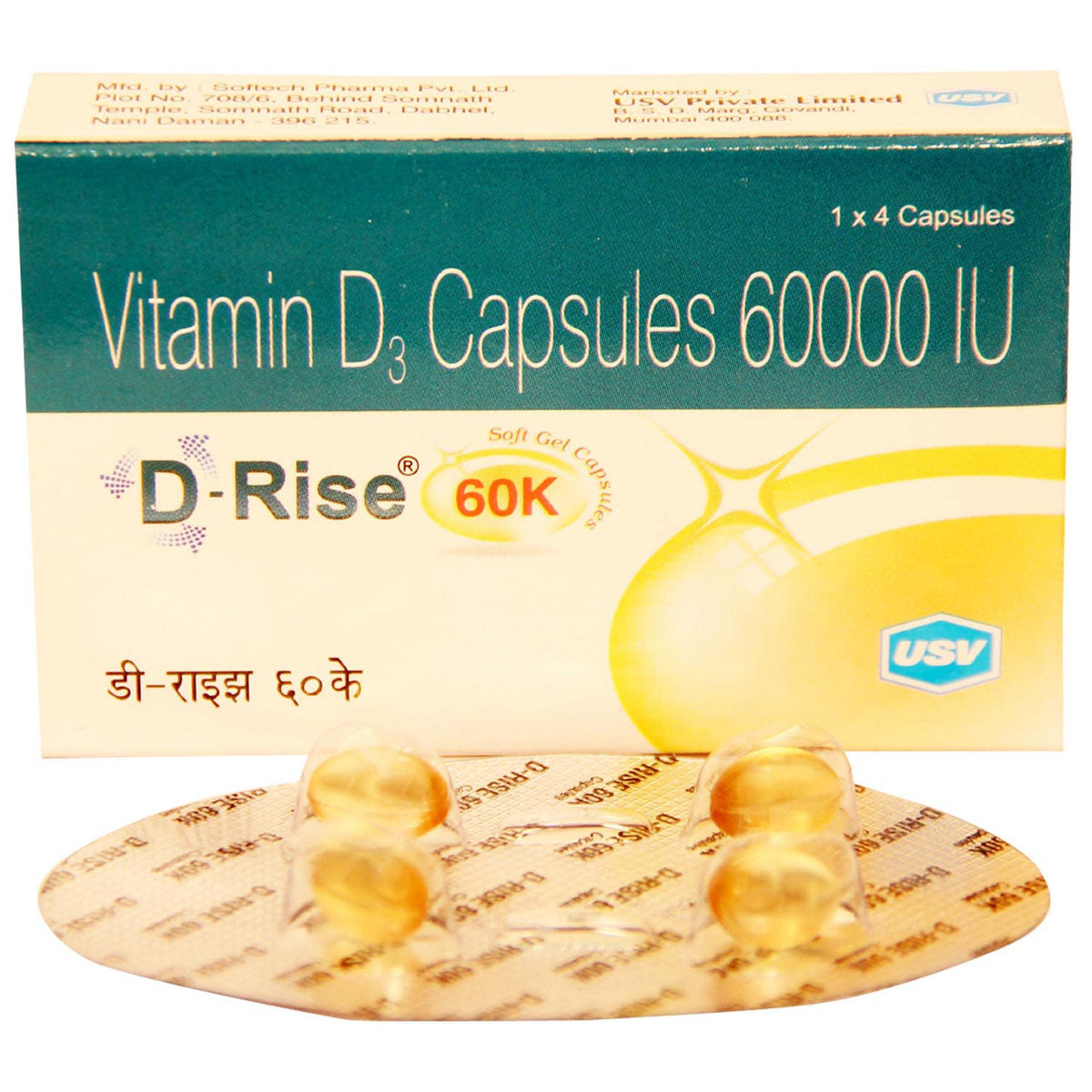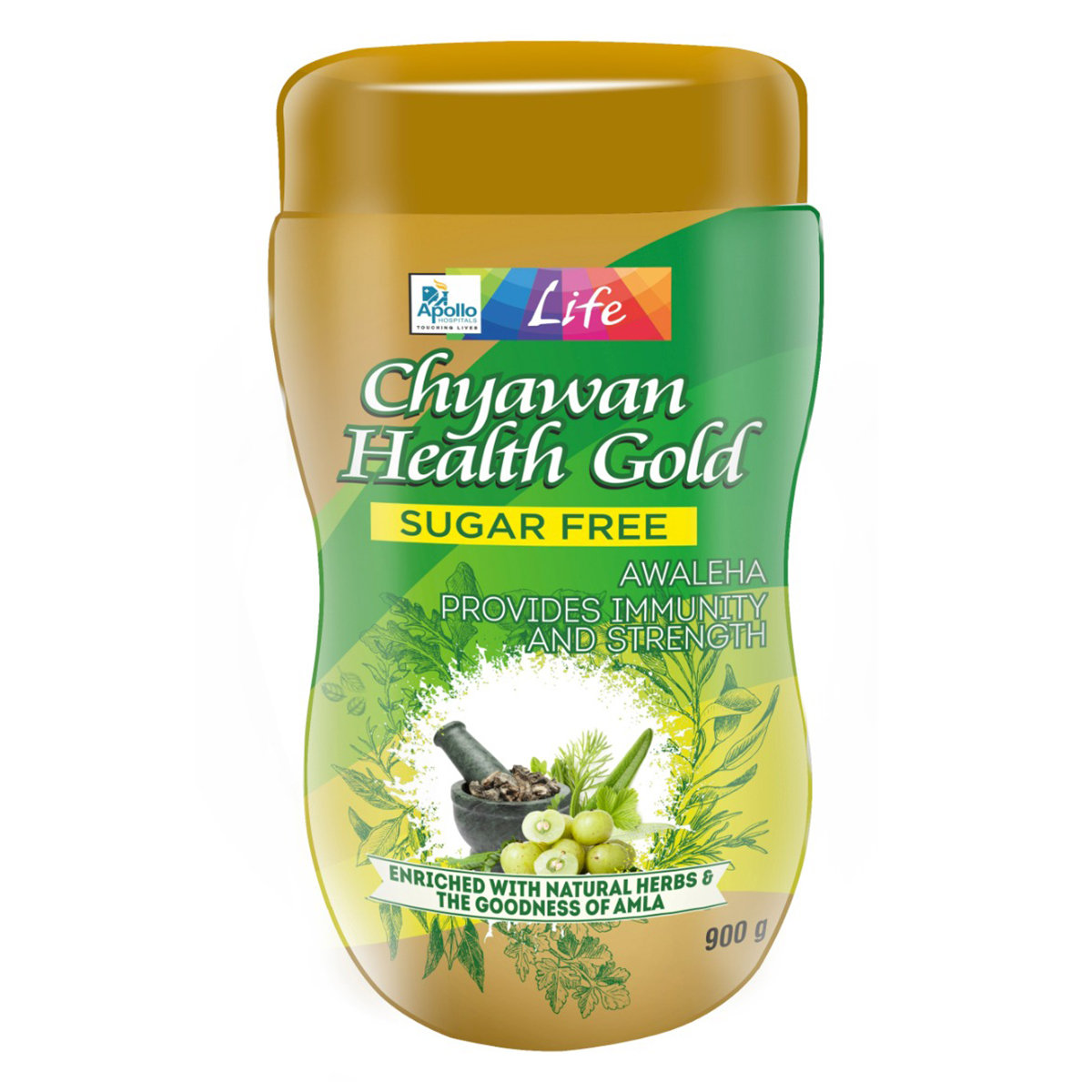Flecarite 100 Tablet
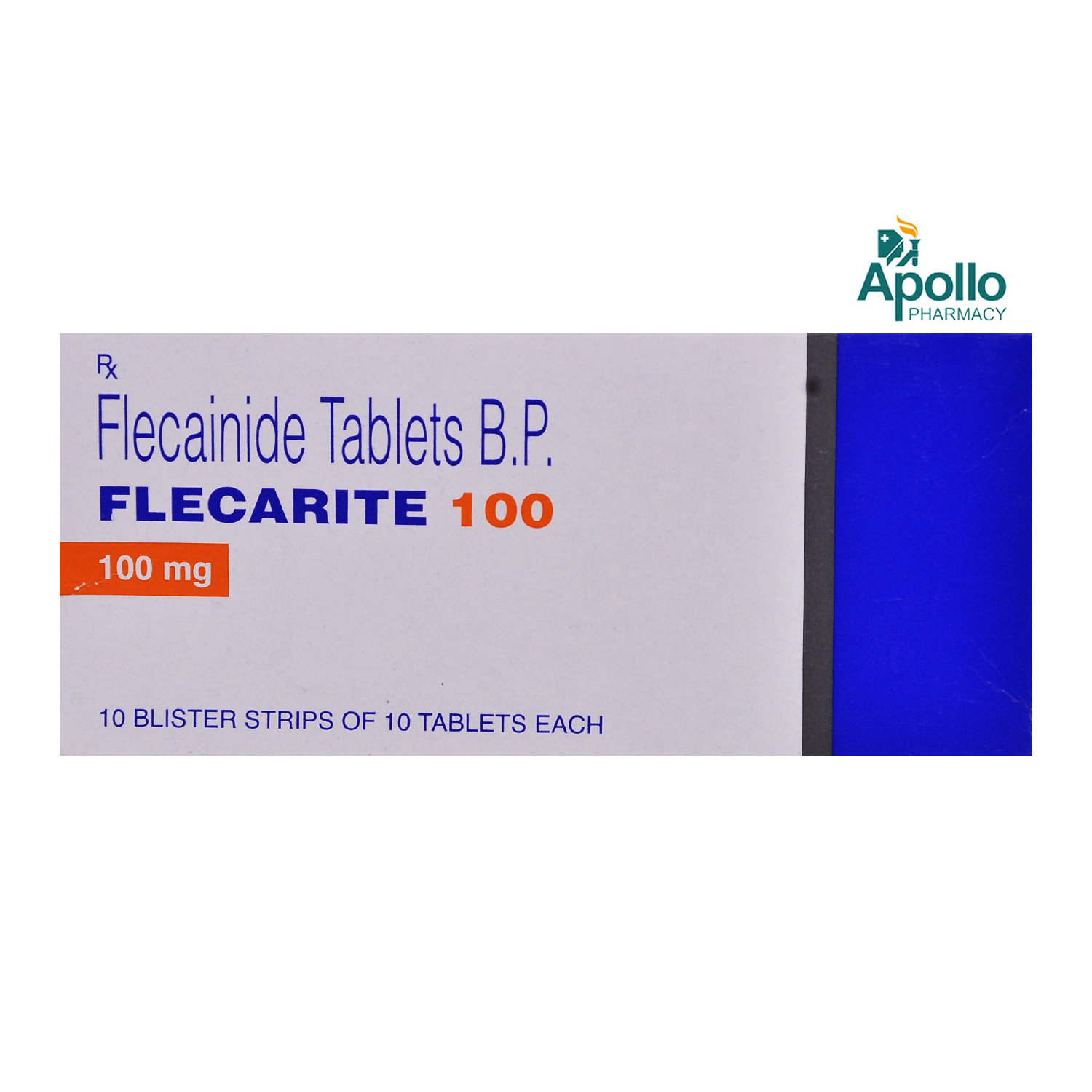
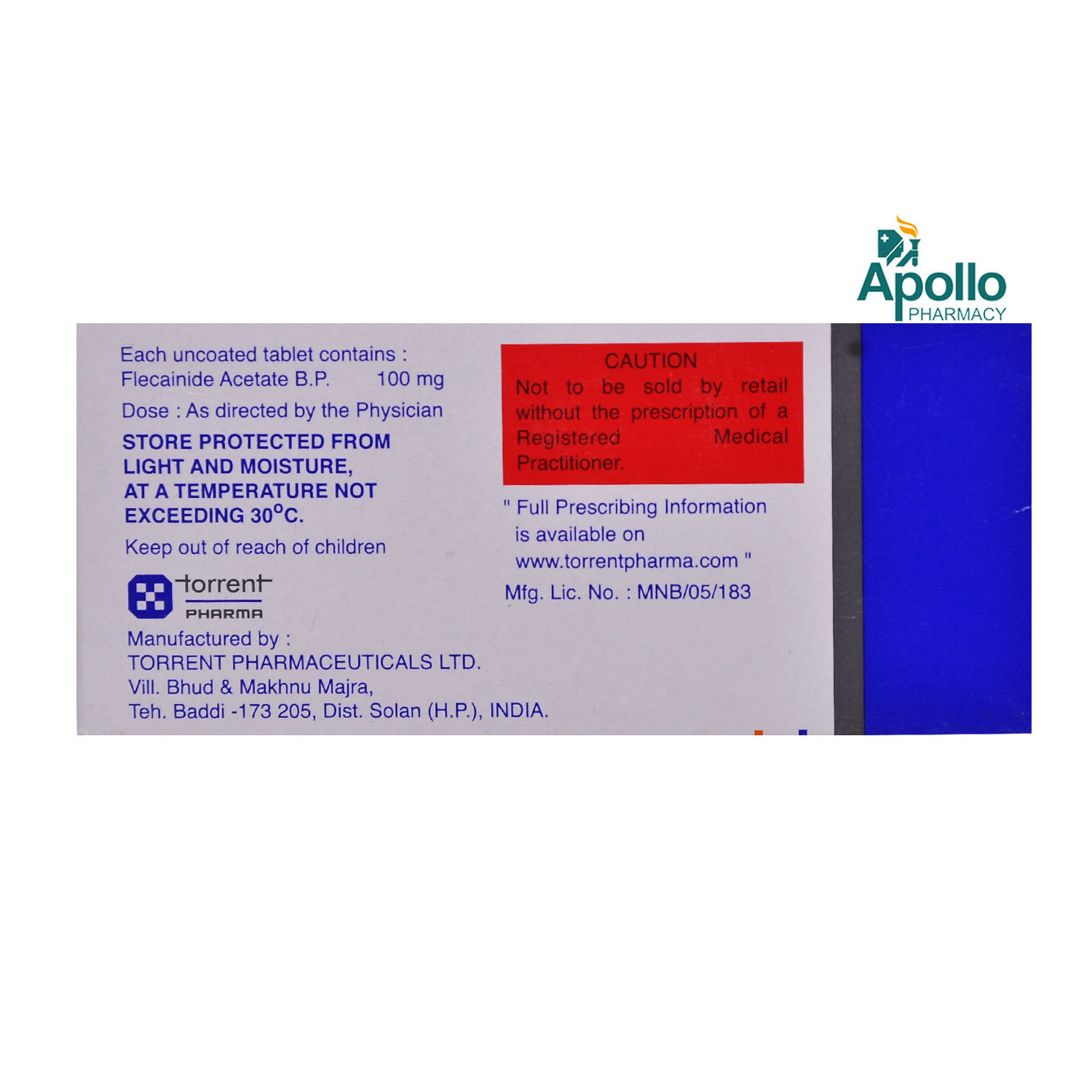
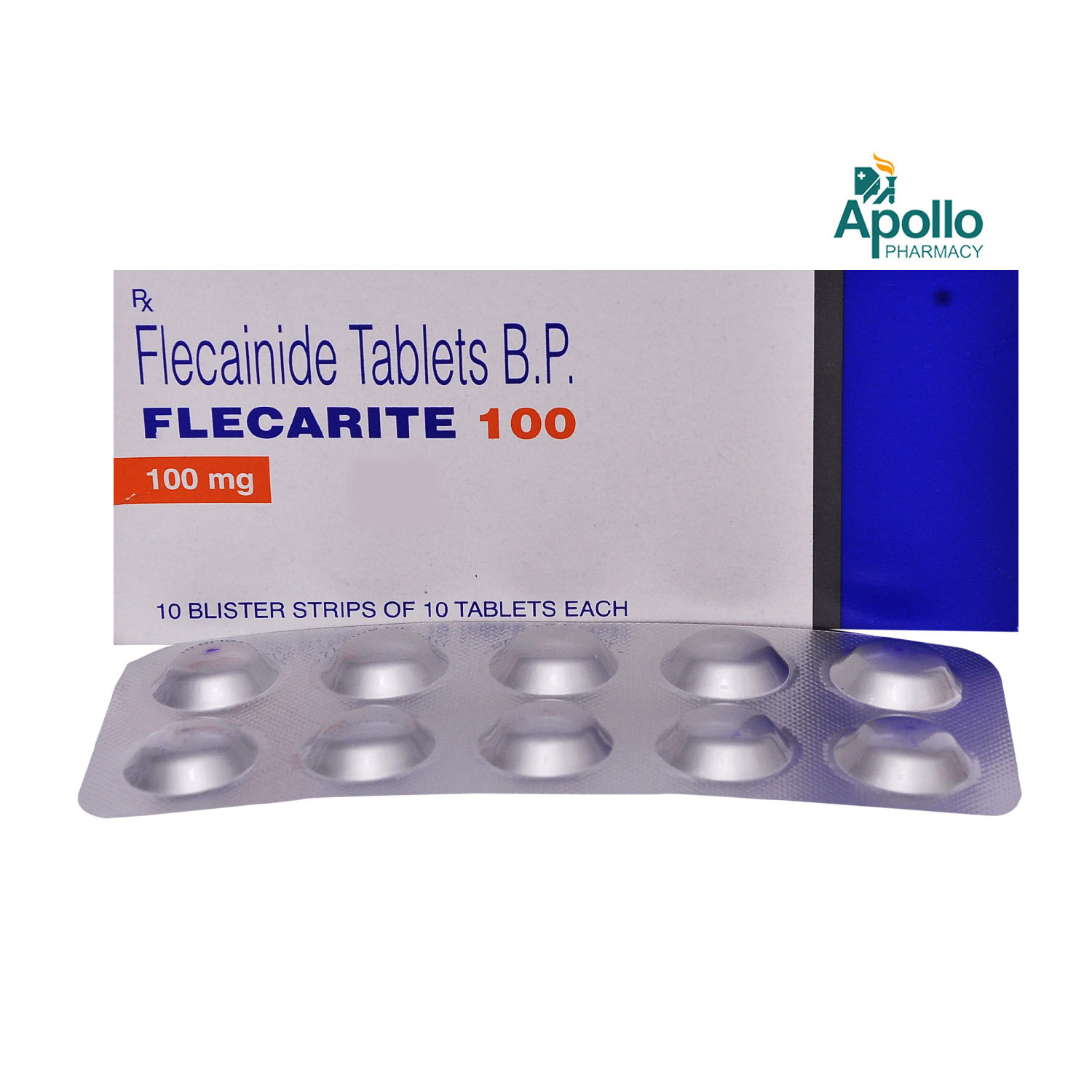
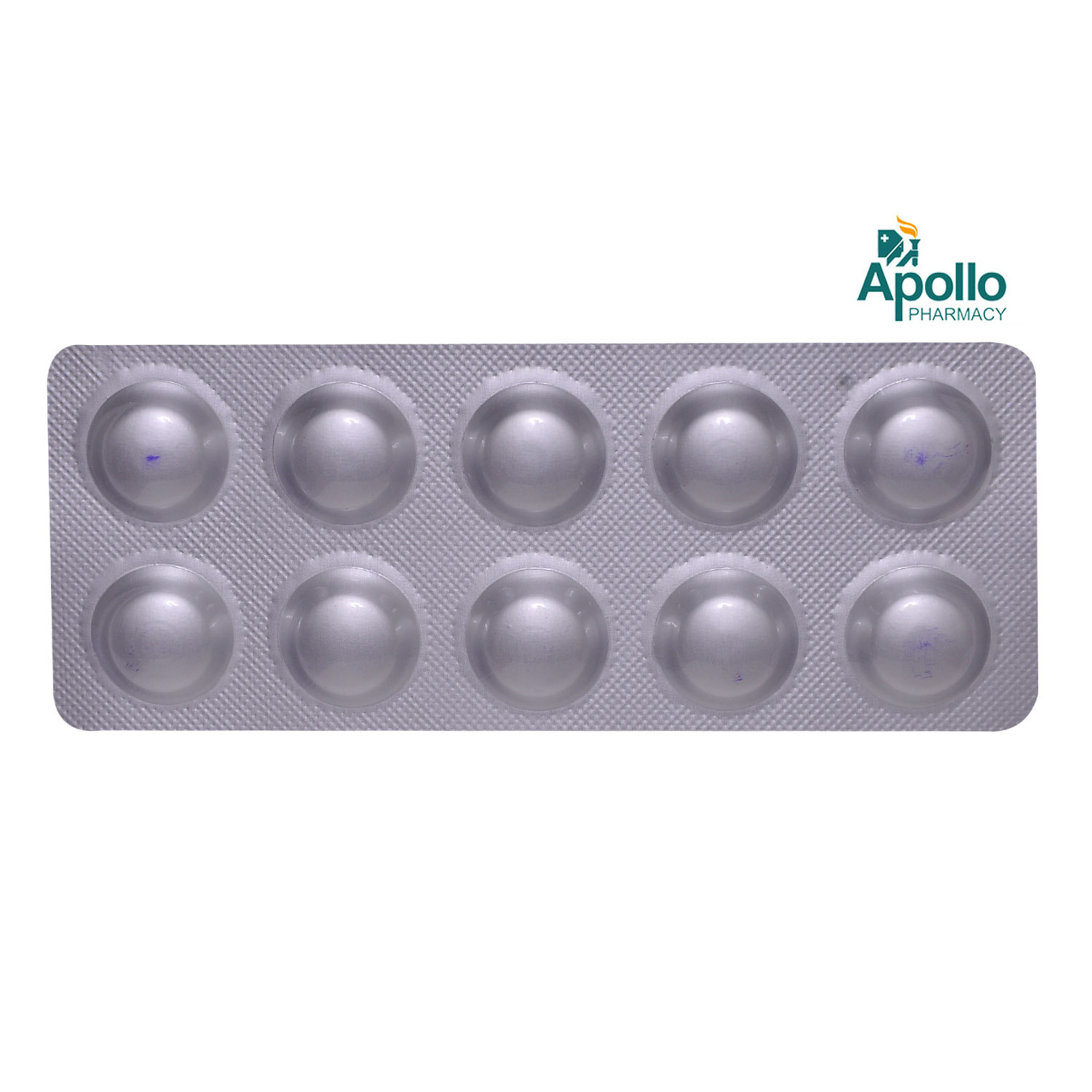
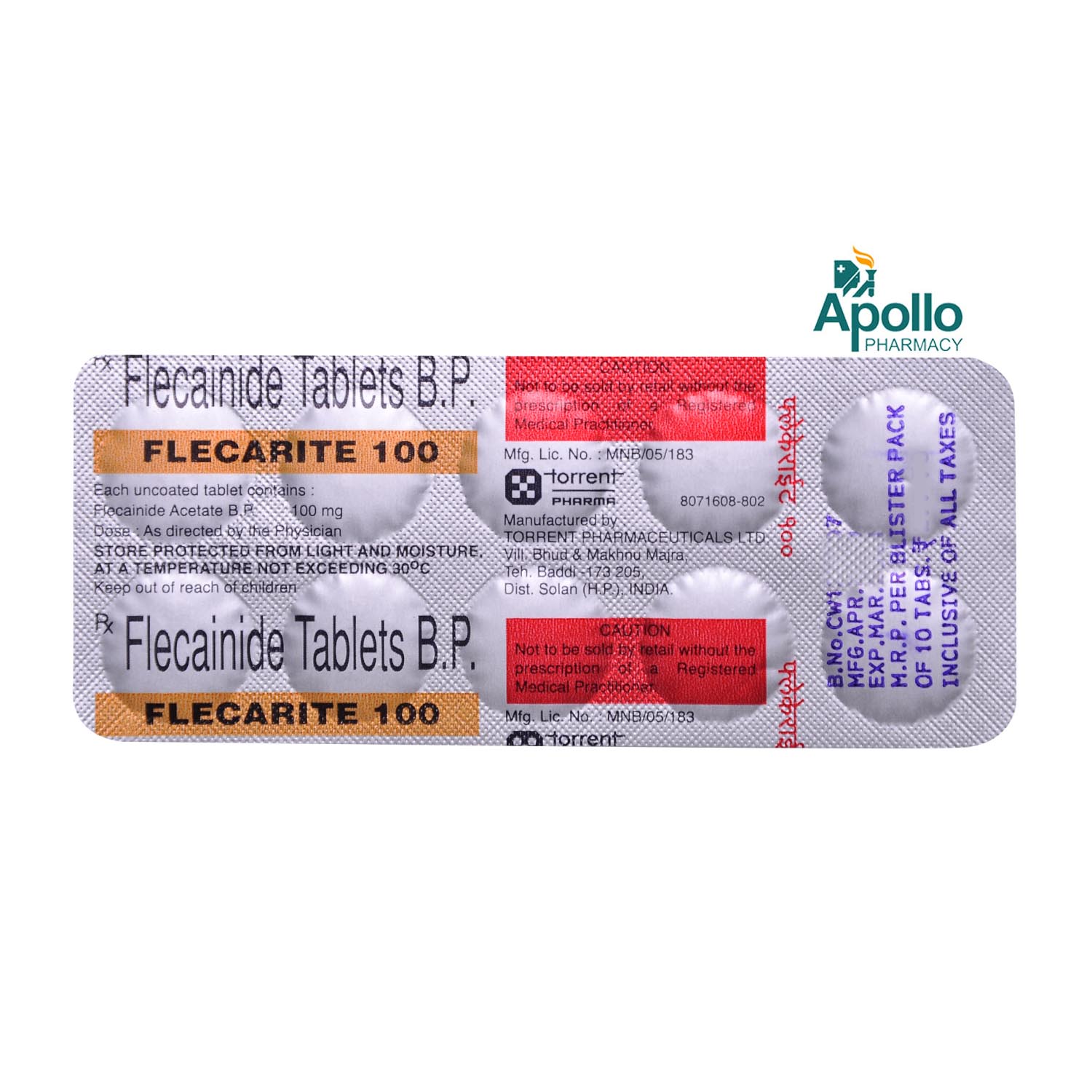
MRP ₹404.5
(Inclusive of all Taxes)
₹60.7 Cashback (15%)
know your delivery time
Provide Delivery Location
Composition :
Manufacturer/Marketer :
Consume Type :
Expires on or after :
Return Policy :

Secure Payment

Trusted by 8 Crore Indians

Genuine Products
Therapeutic Class
Country of origin
Manufacturer/Marketer address
Author Details
We provide you with authentic, trustworthy and relevant information
FAQs
Disclaimer
Alcohol
Safe if prescribed
You are recommended to avoid consumption of alcohol with Flecarite 100 Tablet as it may increase dizziness caused by Flecarite 100 Tablet .
Pregnancy
Consult your doctor
Flecarite 100 Tablet is a Category C pregnancy drug and is given to pregnant women only if it is clearly needed and prescribed by a doctor.
Breast Feeding
Consult your doctor
Flecarite 100 Tablet is not recommended for breastfeeding mothers as it may be excreted in breast milk. However, consult a doctor if you are breastfeeding before taking Flecarite 100 Tablet .
Driving
Safe if prescribed
Flecarite 100 Tablet may cause dizziness or changes in vision in some people. So, drive only if you are alert after taking Flecarite 100 Tablet .
Liver
Consult your doctor
Take Flecarite 100 Tablet with caution, especially if you have a history of liver diseases/conditions. The dose may be adjusted by your doctor as required.
Kidney
Consult your doctor
Take Flecarite 100 Tablet with caution, especially if you have a history of kidney diseases/conditions. The dose may be adjusted by your doctor as required.
Children
Safe if prescribed
Flecarite 100 Tablet is not recommended for children below 12 years of age.
About Flecarite 100 Tablet
Flecarite 100 Tablet belongs to a class of medicines called antiarrhythmics used to treat arrhythmias (irregular heartbeats) and tachycardia (fast heart rate). An irregular heartbeat is a condition in which your heart beats irregularly, too fast, or too slow.
Flecarite 100 Tablet contains Flecainide acetate that works by reducing the sensitivity of heart muscle cells to electrical impulses. Thus, it slows down and regulates electrical conduction in the heart muscle. Thereby, it helps to restore regular heart rhythm.
Take Flecarite 100 Tablet as prescribed by your doctor. You are advised to take Flecarite 100 Tablet for as long as your doctor has prescribed it for you based on your medical condition. In some cases, you may experience blurred or double vision, dizziness, headache, nausea, or tiredness. Most of these side effects of Flecarite 100 Tablet do not require medical attention and gradually resolve over time. However, if the side effects persist, please consult your doctor.
If you are allergic to Flecarite 100 Tablet or any other ingredients, please tell your doctor. If you are pregnant or breastfeeding, it is advised to inform your doctor before taking Flecarite 100 Tablet . Flecarite 100 Tablet is not recommended for children below 12 years of age. Avoid intake of alcohol with Flecarite 100 Tablet as it may increase dizziness. Flecarite 100 Tablet may cause vision problems in some people. Therefore, drive only if you are alert after taking Flecarite 100 Tablet .
Uses of Flecarite 100 Tablet
Medicinal Benefits Mweb
Key Benefits
Flecarite 100 Tablet contains Flecainide acetate that decreases the sensitivity of heart muscle cells to electrical impulses. Thus, it slows down and regulates electrical conduction in the heart muscle. Thereby, it helps to restore regular heart rhythm. Also, it is used to treat atrial fibrillation (rapid muscle contractions in the heart).
Directions for Use
Side Effects of Flecarite 100 Tablet
- Blurred or double vision
- Dizziness
- Headache
- Nausea
- Tiredness
Drug Warnings
If you are allergic to Flecarite 100 Tablet or any other ingredients, please tell your doctor. If you are pregnant or breastfeeding, it is advised to inform your doctor before taking Flecarite 100 Tablet . Flecarite 100 Tablet is not recommended for children below 12 years of age. Avoid intake of alcohol with Flecarite 100 Tablet as it may increase dizziness. Flecarite 100 Tablet may cause vision problems in some people. Therefore, drive only if you are alert after taking Flecarite 100 Tablet . You are recommended to avoid taking Flecarite 100 Tablet if you have a heart block, cardiogenic shock (inability of the heart to pump as much blood as needed by the body) if you have ever had a heart attack, or have any other heart problems.
Drug-Drug Interactions
Drug-Drug Interactions
Login/Sign Up
Taking Flecarite 100 Tablet with Dronedarone can increase the risk of irregular heart rhythms.
How to manage the interaction:
Although there is an interaction between Flecarite 100 Tablet with Dronedarone, they can be taken together if prescribed by a doctor. However, consult a doctor if you experience sudden dizziness, lightheadedness, fainting, or shortness of breath. Do not discontinue any medications without consulting a doctor.
Coadministration of Flecarite 100 Tablet with Ziprasidone can increase the risk of irregular heart rhythms.
How to manage the interaction:
Taking Flecarite 100 Tablet with Ziprasidone is generally avoided, but it should be taken if advised by a doctor However, if you experience dizziness, shortness of breath, or palpitations contact your doctor immediately. Do not discontinue any medications without consulting a doctor.
Taking Flecarite 100 Tablet with bepridil can increase the risk of irregular heart rhythms.
How to manage the interaction:
Although there is an interaction between Flecarite 100 Tablet and Bepridil, they can be taken together if prescribed by a doctor. However, consult a doctor if you experience sudden dizziness, lightheadedness, fainting, or shortness of breath. Do not discontinue any medications without consulting a doctor.
Coadministration of Flecarite 100 Tablet with Thioridazine can increase the risk of irregular heart rhythms.
How to manage the interaction:
Taking Flecarite 100 Tablet with Thioridazine is not recommended, but it should be taken if advised by a doctor However, if you experience dizziness, shortness of breath, or palpitations contact your doctor immediately. Do not discontinue any medications without consulting a doctor.
When Flecarite 100 Tablet is taken with Tipranavir, the amount of Flecarite 100 Tablet in the blood can go up.
How to manage the interaction:
Taking Flecarite 100 Tablet with Tipranavir is not recommended, please consult your doctor before taking it. It can taken if prescribed by your doctor. Do not stop using any medication without consulting your doctor.
Coadministration of Flecarite 100 Tablet with Levacetylmethadol can increase the risk of developing irregular heart rhythms.
How to manage the interaction:
Taking Flecarite 100 Tablet with Levacetylmethadol is not recommended, but it should be taken if advised by a doctor However, if you experience dizziness, shortness of breath, or palpitations contact your doctor immediately. Do not discontinue any medications without consulting a doctor.
Coadministration of Flecarite 100 Tablet with Sparfloxacin can increase the risk of developing side effects.
How to manage the interaction:
Taking Flecarite 100 Tablet with Sparfloxacin is generally avoided, it can be taken if prescribed by your doctor. Do not stop using any medication without consulting your doctor.
Coadministration of Flecarite 100 Tablet with Ritonavir can increase the risk of irregular heart rhythms.
How to manage the interaction:
Taking Flecarite 100 Tablet with Ritonavir is generally avoided, it can be taken if prescribed by a doctor. However, if you experience any unusual symptoms like chest tightness, dizziness, shortness of breath, or weakness, contact a doctor immediately. Do not discontinue any medications without consulting a doctor.
Coadministration of Flecarite 100 Tablet with Saquinavir can increase the risk of developing side effects.
How to manage the interaction:
Taking Flecarite 100 Tablet with Saquinavir is generally avoided, please consult your doctor before taking it. It can be taken if prescribed by your doctor. However, if you experience fever, palpitations, shortness of breath, or chest pain, contact a doctor immediately. Do not discontinue the medications without consulting a doctor.
Coadministration of Flecarite 100 Tablet and Terfenadine can increase the risk or severity of developing irregular heart rhythms.
How to manage the interaction:
Taking Flecarite 100 Tablet with Terfenadine is generally avoided, it can be taken if prescribed by your doctor. However, if you experience fever, palpitations, shortness of breath, or chest discomfort, contact a doctor immediately. Do not discontinue the medications without consulting a doctor.
Drug-Food Interactions
Drug-Food Interactions
Login/Sign Up
Drug-Diseases Interactions
Drug-Diseases Interactions
Login/Sign Up
Drug-Drug Interactions Checker List
- AMIODARONE
- VERAPAMIL
- PROPRANOLOL
- PHENOBARBITAL
- PHENYTOIN
- CARBAMAZEPINE
- PAROXETINE
- FLUOXETINE
- REBOXETINE
- BUPROPION
- CIMETIDINE
- QUININE
- LOPINAVIR
- INDINAVIR
- RITONAVIR
- CLOZAPINE
- MIZOLASTINE
- TERFENADINE
Habit Forming
Special Advise
- Certain tests are advised before taking Flecarite 100 Tablet to monitor fluid levels, liver and kidney functioning.
- Low salt diet and regular exercise are recommended along with Flecarite 100 Tablet for effective results.
Diet & Lifestyle Advise
- Maintain a low salt diet and minimize eating processed foods as they contain more sodium. Try to replace salt with spices or herbs to add flavour to the food.
- Do regular exercise as it helps lower blood pressure and keeps blood vessels and the heart in good condition.
- Quit smoking as smoking increases blood pressure and heart rate.
- Eat a balanced and healthy diet that includes plenty of vegetables, fruits, low fat or fat-free products.
All Substitutes & Brand Comparisons

Have a query?
Buy best Cardiology products by
Torrent Pharmaceuticals Ltd
Sun Pharmaceutical Industries Ltd
Lupin Ltd
Intas Pharmaceuticals Ltd
Cipla Ltd
Micro Labs Ltd
Macleods Pharmaceuticals Ltd
Abbott India Ltd
Ajanta Pharma Ltd
Ipca Laboratories Ltd
Eris Life Sciences Ltd
Mankind Pharma Pvt Ltd
Lloyd Healthcare Pvt Ltd
Dr Reddy's Laboratories Ltd
Glenmark Pharmaceuticals Ltd
Emcure Pharmaceuticals Ltd
Alembic Pharmaceuticals Ltd
Alkem Laboratories Ltd
East West Pharma India Pvt Ltd
USV Pvt Ltd
Zydus Healthcare Ltd
Aristo Pharmaceuticals Pvt Ltd
Elbrit Life Sciences Pvt Ltd
J B Chemicals & Pharmaceuticals Ltd
Zydus Cadila
Akumentis Healthcare Ltd
Alteus Biogenics Pvt Ltd
Hbc Life Sciences Pvt Ltd
Fusion Health Care Pvt Ltd
Troikaa Pharmaceuticals Ltd
La Renon Healthcare Pvt Ltd
Corona Remedies Pvt Ltd
Jubilant Lifesciences Ltd
Medley Pharmaceuticals Ltd
Knoll Healthcare Pvt Ltd
Msn Laboratories Pvt Ltd
Zuventus Healthcare Ltd
Cadila Pharmaceuticals Ltd
Blue Cross Laboratories Pvt Ltd
Lividus Pharmaceuticals Pvt Ltd
Morepen Laboratories Ltd
Ranmarc Labs
Shrrishti Health Care Products Pvt Ltd
Sanofi India Ltd
Steris Healthcare
Elder Pharmaceuticals Ltd
Primus Remedies Pvt Ltd
Unison Pharmaceuticals Pvt Ltd
Eswar Therapeutics Pvt Ltd
Knoll Pharmaceuticals Ltd
Tas Med India Pvt Ltd
Systopic Laboratories Pvt Ltd
Indiabulls Pharmaceuticals Pvt Ltd
Leeford Healthcare Ltd
Sinsan Pharmaceuticals Pvt Ltd
Biochem Pharmaceutical Industries Ltd
Cadila Healthcare Ltd
Azkka Pharmaceuticals Pvt Ltd
Nirvana India Pvt Ltd
Orsim Pharma
Prevego Healthcare & Research Pvt Ltd
Econ Healthcare
Elinor Pharmaceuticals (P) Ltd
FDC Ltd
Sunij Pharma Pvt Ltd
Nicholas Piramal India Ltd
Astra Zeneca Pharma India Ltd
Pfizer Ltd
Lia Life Sciences Pvt Ltd
Shine Pharmaceuticals Ltd
Elicad Pharmaceuticals Pvt Ltd
Indoco Remedies Ltd
Proqol Health Care Pvt Ltd
Vasu Organics Pvt Ltd
Biocon Ltd
Opsis Care Lifesciences Pvt Ltd
Johnlee Pharmaceuticals Pvt Ltd
Merck Ltd
Wockhardt Ltd
Auspharma Pvt Ltd
Ergos Life Sciences Pvt Ltd
Lakshya Life Sciences Pvt Ltd
Ordain Health Care Global Pvt Ltd
Pficus De Med Pvt Ltd
ALICAN PHARMACEUTICAL PVT LTD
RPG Life Sciences Ltd
Glynis Pharmaceuticals Pvt Ltd
Orris Pharmaceuticals
Samarth Life Sciences Pvt Ltd
Aprica Pharmaceuticals Pvt Ltd
Aretaeus Pharmaceuticals Pvt Ltd
Koye Pharmaceuticals Pvt Ltd
Neocardiab Care
Retra Life Science Pvt Ltd
Alniche Life Sciences Pvt Ltd
Alvio Pharmaceuticals Pvt Ltd
Arkas Pharma Pvt Ltd
Atos Lifesciences Pvt Ltd
Divine Savior Pvt Ltd
Metalis Lifesciences Pvt Ltd
Frequently Bought Together
Customers Also Bought
Recommended for a 30-day course: 3 Strips





